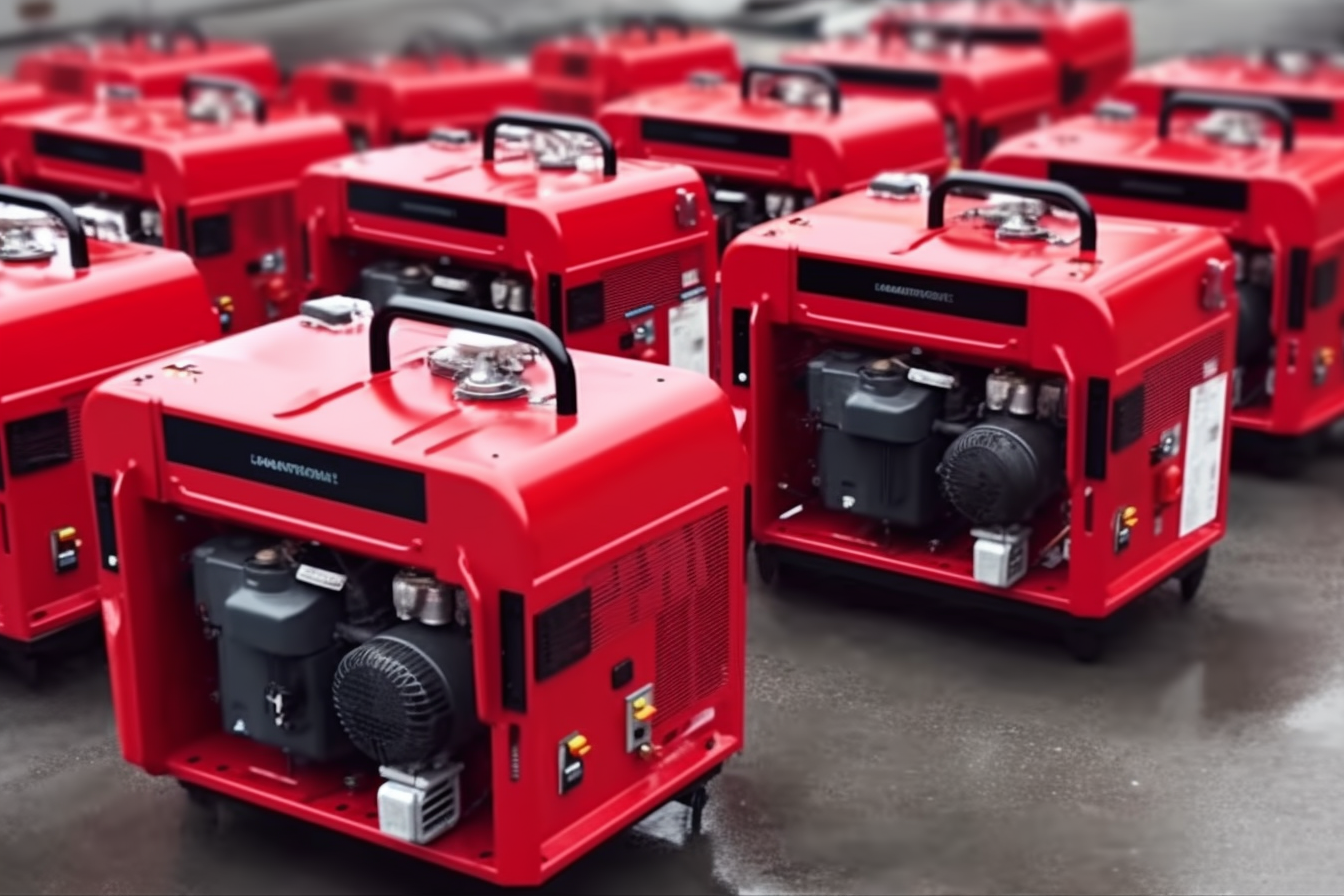Understanding the Costs of Honeywell Home Generators
When considering backup power solutions for your home, Honeywell home generators offer reliable protection against power outages. These standby generators automatically detect power loss and activate within seconds, keeping essential home systems running during emergencies. However, understanding the costs involved requires examining several factors, including unit size, installation requirements, and long-term maintenance expenses. This comprehensive guide breaks down what homeowners can expect to invest when purchasing a Honeywell home generator system, helping you make an informed decision based on your specific power needs and budget constraints.

Honeywell Home Generator Price Ranges
Honeywell home generators come in various capacities to accommodate different home sizes and power requirements. The base unit costs typically range from $2,000 to $5,000 for smaller 8-11 kW models suitable for powering essential circuits in modest homes. Mid-range models (14-22 kW) generally cost between $4,000 and $8,000, providing whole-home coverage for average-sized residences. Premium generators with capacities of 22-38 kW, designed for larger homes with substantial power demands, range from $9,000 to $15,000. These unit prices reflect only the generator itself, not including installation, which constitutes a significant portion of the overall investment.
Installation Costs and Requirements
Installation expenses can sometimes equal or exceed the cost of the generator unit itself, making this a critical factor in budget planning. Professional installation for Honeywell home generators typically ranges from $3,000 to $6,000, depending on several variables. These include the complexity of electrical connections, the need for a concrete pad foundation, transfer switch requirements, and your home’s existing electrical infrastructure. Additional costs may arise if your property requires extra site preparation, such as trenching for gas lines or substantial electrical panel upgrades. Local building permits and inspections, which vary by municipality, add another $200-$500 to the installation budget.
Long-Term Maintenance and Operating Expenses
Owning a Honeywell home generator involves ongoing costs that should factor into your purchase decision. Annual maintenance, which is essential for reliable operation, typically costs $200-$300 when performed by certified technicians. This maintenance includes oil changes, filter replacements, battery testing, and system diagnostics. Fuel costs vary by generator type and usage patterns—natural gas models generally offer lower operating costs than propane or diesel alternatives, with average natural gas consumption during operation ranging from $25-$50 per day of continuous use. Additionally, homeowners should budget for potential parts replacement over the generator’s lifetime, with major service typically needed every 5-7 years at costs ranging from $500-$1,500.
Factors Affecting Honeywell Home Generator Pricing
Several key variables influence the final price of your Honeywell home generator system. The generator’s fuel type—natural gas, liquid propane, or diesel—affects both initial and ongoing costs. The transfer switch complexity, which determines how seamlessly your home transitions to generator power during an outage, can add $400-$2,000 depending on whether you choose a manual or automatic solution. Geographic location impacts pricing through varying labor rates, permit costs, and compliance requirements with local codes. Additionally, optional features like remote monitoring systems, extended warranties, and sound-dampening enclosures can add $300-$1,500 to the total investment.
Comparing Honeywell Home Generator Models and Prices
Honeywell offers several generator models to accommodate different power requirements and budgets. Below is a comparison of current models and their typical price points:
| Model | Capacity | Features | Estimated Price Range |
|---|---|---|---|
| Honeywell 8kW | 8 kW | Essential circuit coverage, 200 amp transfer switch | $2,800-$3,500 |
| Honeywell 14kW | 14 kW | Mid-sized home coverage, 200 amp transfer switch | $4,200-$5,500 |
| Honeywell 20kW | 20 kW | Whole-home coverage, smart monitoring | $5,800-$7,500 |
| Honeywell 22kW | 22 kW | Whole-home coverage, premium features, quieter operation | $7,200-$8,800 |
| Honeywell 38kW | 38 kW | Large home complete coverage, commercial-grade components | $12,000-$15,000 |
Prices, rates, or cost estimates mentioned in this article are based on the latest available information but may change over time. Independent research is advised before making financial decisions.
How to Buy Honeywell Home Generators: A Strategic Approach
Purchasing a Honeywell home generator involves several strategic steps to ensure you get the right system at a fair price. Begin by calculating your power requirements—consider which appliances and systems you need during outages and tally their combined wattage. Next, schedule in-home evaluations with at least three authorized Honeywell dealers to compare quotes and installation approaches. Review each quote carefully, noting differences in generator sizing recommendations, installation methods, and warranty coverage. When comparing proposals, beware of significantly lower quotes that might indicate corners being cut on installation quality or components. Finally, investigate financing options, as many dealers offer payment plans that can make these significant investments more manageable, typically with terms of 36-60 months and interest rates dependent on your credit profile.
Home generators represent a substantial investment in your home’s resilience and comfort during power outages. Understanding the complete cost picture—from initial purchase and installation to ongoing maintenance and operating expenses—ensures you can budget appropriately for this important home addition. By carefully considering your power needs and working with qualified professionals, you can select a Honeywell home generator system that provides the right balance of capacity, features, and value for your specific situation.




